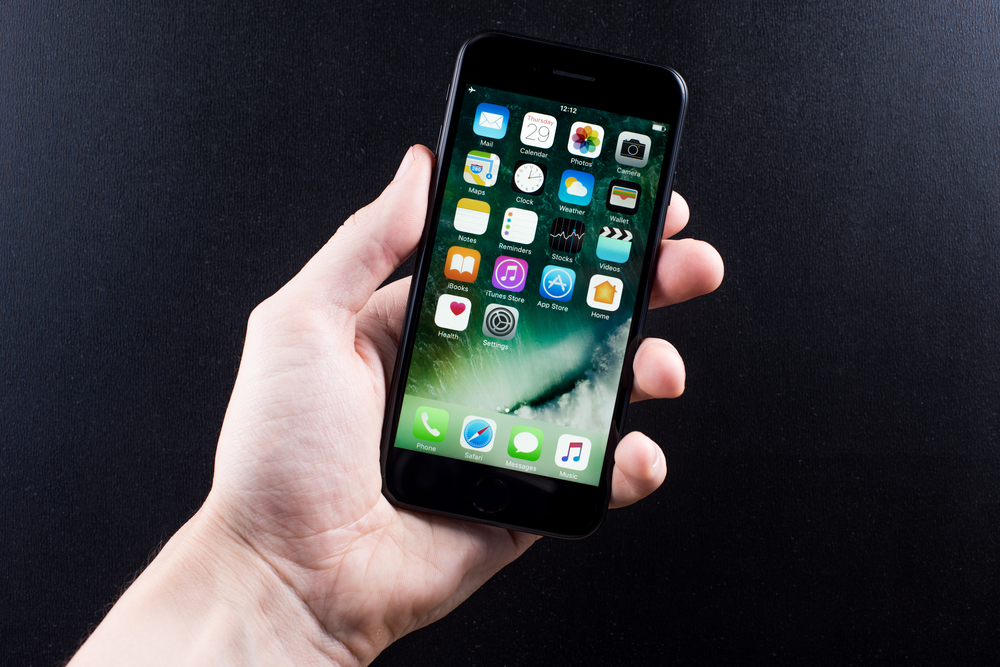
In today's digital age, mobile apps have become an integral part of our daily lives. From social media platforms to e-commerce, there seems to be an app for everything. With millions of apps available across various app stores, how can you ensure that your mobile app stands out from the crowd? The answer lies in effective marketing strategies. In this article, we will explore some valuable tips to help you master mobile Google Play or App Store app marketing and boost its promotion.
1. Define Your Target AudienceKnowing your target audience is the first step in any successful marketing campaign. Understanding who your app is designed for will help you tailor your marketing efforts to reach the right people. Conduct market research to identify your app's potential users, their demographics, interests, and preferences. This information will guide your marketing decisions, allowing you to create content that resonates with your audience.
2. Optimize Your App Store Listing
The app stores are the primary platforms where users discover and download mobile Android or iOS app s. Optimizing your app store listing is crucial to increase visibility and downloads. To achieve this, focus on optimizing the title, description, and keywords of your app. Use relevant keywords that potential users are likely to search for. A compelling description highlighting the key features and benefits of your app will also entice users to download it.
3. Leverage App Store Optimization (ASO)
App Store Optimization (ASO) is similar to search engine optimization (SEO) but specifically tailored for mobile iOS or Android app s. ASO helps improve your app's search rankings within the app stores. Besides keyword optimization, other factors like positive user reviews and ratings, app icon, screenshots, and preview videos play a significant role in ASO. Focus on improving these aspects to increase your app's visibility and encourage more downloads.
4. Develop a Seamless User Experience
A mobile app 's success heavily relies on its user experience (UX). Users expect a seamless, intuitive, and engaging experience while interacting with your app. Make sure your app is easy to navigate, visually appealing, and loads quickly. Incorporate user feedback and continuously update your app to enhance its performance. A great user experience will not only attract new users but also encourage existing users to promote your app through word-of-mouth.
5. Engage with Social Media
Social media platforms are powerful marketing channels to promote your mobile App Store or Google Play app . Create dedicated social media accounts for your app and actively engage with your target audience. Share regular updates, new features, and useful content related to your app's niche. Encourage users to provide feedback, address any concerns promptly, and actively participate in relevant online communities. Leveraging social media effectively can help create buzz, virality, and a strong user community around your app.
6. Implement Influencer Marketing
Collaborating with influencers or popular personalities can give your app a significant boost in visibility. Identify influencers within your app's niche and reach out to them for partnerships. Influencers can create engaging content, reviews, or tutorials about your app, exposing it to their large and dedicated followings. This form of marketing can significantly increase awareness and drive app downloads. However, ensure the influencers align with your app's brand values and target audience to ensure maximum effectiveness.
7. Consider Paid Advertising
While organic promotion methods are essential, investing in paid advertising can provide a significant push to your mobile app marketing efforts. Platforms like Google Ads and social media platforms offer various advertising options, including app install campaigns. Strategically plan your ad campaigns, targeting specific demographics and relevant keywords. Regularly monitor and optimize your ad campaigns to ensure maximum ROI.
8. Monitor Analytics and Optimize
Measuring and analyzing key metrics is crucial to understanding your marketing efforts' effectiveness. Utilize analytics tools to track user behavior, engagement, and conversion rates within your app. Identifying patterns and trends will help you make data-driven decisions to optimize your marketing strategies continuously. Regularly monitor and tweak your campaigns based on the insights gained from analytics data.
Frequently Asked Questions
Q1. How long does it take for a mobile app to gain popularity?A1. The time taken for a mobile app to gain popularity varies depending on several factors like competition, niche, marketing efforts, and user reception. It can take anywhere from a few weeks to several months or even longer.
Q2. Can I promote my mobile app without a marketing budget?
A2. While having a marketing budget can significantly amplify your efforts, it's also possible to promote your mobile app without it. Focus on leveraging organic marketing channels like optimizing your app store listing, engaging with social media, seeking publicity through content creation, and utilizing influencer marketing.
Q3. How important are user reviews and ratings for mobile app promotion?
A3. User reviews and ratings play a crucial role in app store optimization and overall app promotion. Positive reviews and higher ratings build trust among potential users and increase the likelihood of downloads. Encourage satisfied users to leave reviews and promptly address any negative feedback to maintain a positive image.
Q4. Is mobile app marketing a one-time effort?
A4. Mobile app marketing is an ongoing process. Once your app is launched, continuous marketing efforts are required to maintain visibility, engage with users, and attract new ones. Regularly update your app, analyze user metrics, adapt to market trends, and incorporate feedback to stay ahead in a competitive app landscape.
Q5. How can I measure the success of my mobile app marketing campaigns?
A5. Success metrics for mobile app marketing include the number of app downloads, active users, user engagement, conversion rates, revenue generated, and return on investment. Utilize analytics tools to track these metrics and compare them against your defined goals.
Other useful resources
- https://en.wikipedia.org/wiki/IOS
- https://www.appguru24.com/apps-directory/